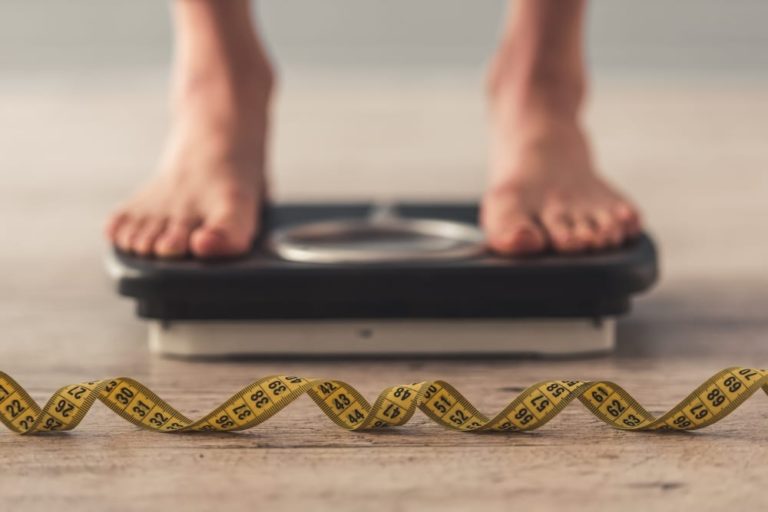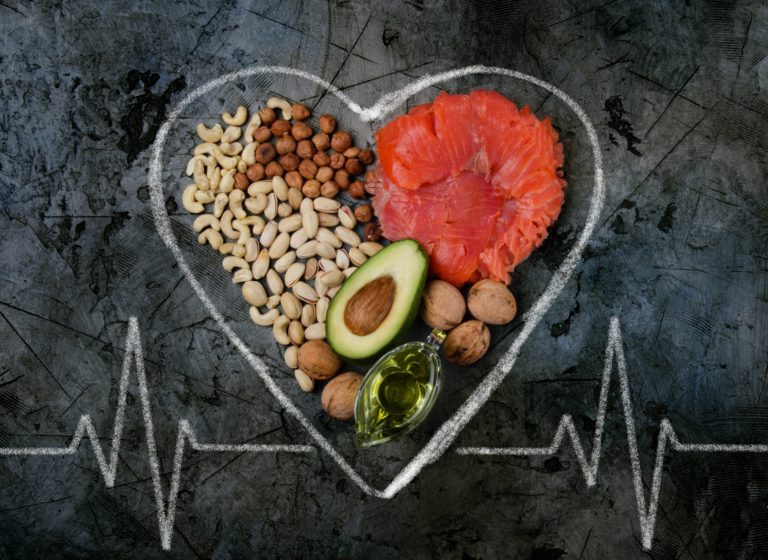In the last little bite of knowledge, we talked about the stress hormone cortisol. While a rise in cortisol at certain times of the day (morning) or in certain situations (danger – escape) is important for our body and absolutely normal, a long-term increased cortisol release can be detrimental to our health. If you missed that last morsel of knowledge, just read back here and learn what cortisol is.
Lower Cortisol – 10 Effective Tips

You also want to #lose weight successfully and deliciously?

How to lower my cortisol
Most of us have quite a stressful everyday life. Because there are too many phases of tension and too few phases of relaxation, cortisol secretion is often at its peak and the adrenal glands are overstressed.
Here are a few practical tips on how you can promote normal cortisol secretion despite your everyday stress:
- Take 10 minutes a day for a short meditation. You can’t sit still and just do nothing? No problem, me neither. Meditation apps can support you with binaural beats and guided meditation. My tip: The app pzizz!
- Go for a walk every day. Even if it’s just a 10-minute walk during your lunch break. The rest, fresh air and exercise will bring your cortisol levels down.
- Do moderate sports. Pleasure sport. Find a sport that you enjoy and doesn’t push you to your limits. Of course, you can also completely exhaust yourself with workouts from time to time. But if you want to do something about chronic stress and for healthy cortisol levels, go for restorative exercise.
- Take magnesium in the evening. Magnesium helps lower cortisol levels. Make sure to use a high-quality preparation, not effervescent tablets from the drugstore. Because they often contain flavorings and additives.
- Watch your omega-3 intake. Those who do not eat fatty sea fish several times a week should supplement omega-3 fatty acids. Here, too, a high-quality preparation is important.
- In parallel, you should reduce your intake of omega-6 fatty acids. Avoid corn oil, safflower oil, canola oil and sunflower oil. Choose high-quality protein sources, such as meat from pasture-raised cattle rather than conventionally raised animals. The fat from grain-fed animals contains more omega-6 fatty acids.
- Treat yourself to a massage! Muscle relaxation and human closeness lower cortisol and, in turn, increase the happiness and feel-good hormones serotonin and dopamine.
- Human closeness is a good keyword: spend a lot of time with family, partner and friends. Laughingtogether is relaxing. Your hormone levels.
- Take a look at the sleeping berry – also called ashwagandha. A detailed (randomized, double-blind, placebo-controlled) study showed an effect of an extract of ashwagandha root on participants’ cortisol levels. After 60-days of ingestion, the ashwagandha group had significantly lower levels and fewer stress symptoms than the control group.
- Improve your sleep! If you support melatonin release in the evening, you’ll fall into a more restorative sleep faster. For this, it is especially important to avoid blue light in the evening. The free f.lux software, LED lamps with changeable colors, the Nightshift mode on your smartphone, and glasses that filter out blue light all help you do this.
Always stay up to date with our Newsletter.
You want to know even more about cortisol and its effects and are looking for more tips against too much stress? In our Total Body Reset, we discuss these topics and many more in more detail. Sign up now!
Similar posts by Foodpunk

Cheat Day vs. Refeed – The Daily Bite of Knowledge
In a so-called refeed, you specifically eat a higher amount of carbohydrates than usual at a meal. A healthy refeed should not be confused with a cheat day.

Why don’t I lose weight despite low carb?
In this article we give the answers!

Gelatin vs. collagen – what is the difference?
Gelatin and collagen, both have something to do with connective tissue, but what again exactly? Kick yourself into our article and learn more.

5 Facts about Vitamin D – The Daily Bite of Knowledge
For what do we need the vitamin? What does this have to do with cholesterol? Learn more about it here!

Does healthy eating have to be expensive?
Many people want to eat healthier, but shy away from it. Healthy eating often looks so much more expensive. That may be true, but it doesn't necessarily have to be.

Do you know why sleep is also important for losing weight and too little sleep is bad for you? Here we explain it to you!

Why do we need cholesterol? Is there good and bad cholesterol? How can I influence my cholesterol level?

Do only calories really count?
Proper nutrition has such an effect on us that I think it's a shame how often the influence of nutrition is left out of disease treatments.

What actually is erythritol? – The daily bite of knowledge
We have summarized all the pros and cons in this small article.